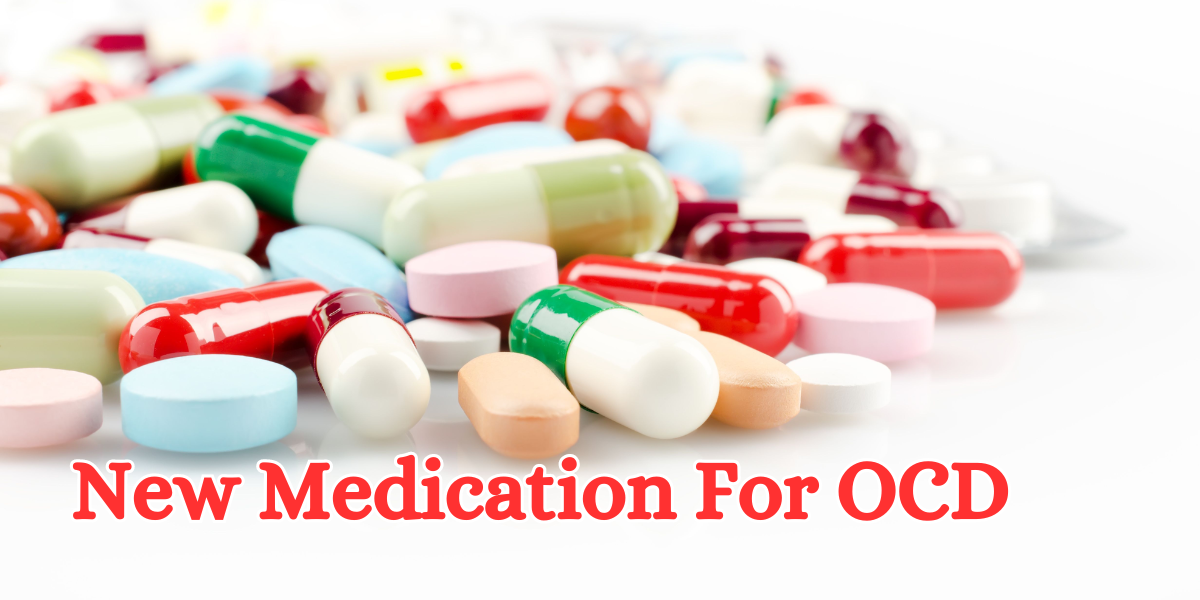New Medication for OCD
Obsessive-Compulsive Disorder (OCD) poses significant challenges for individuals grappling with intrusive thoughts and compulsive behaviors. The quest for effective treatment has led to the emergence of groundbreaking medications offering newfound hope. Understanding these innovative approaches is crucial for both patients and healthcare providers seeking enhanced OCD management.
Unraveling the Complexities of OCD
The Landscape of Obsessive–Compulsive Disorder
OCD, a mental health condition characterized by persistent, unwanted thoughts and repetitive behaviors, affects millions worldwide. It manifests in various forms, creating a diverse spectrum of challenges for those navigating its intricacies.
Conventional Treatments vs. New Paradigms
Traditionally, selective serotonin reuptake inhibitors (SSRIs) and cognitive-behavioral therapy (CBT) have been primary interventions for OCD. However, recent advancements in pharmaceutical research have birthed a new era of medication specifically tailored to target the neurobiological roots of OCD.
Breakthrough Medications: Transforming Treatment Approaches
Understanding the Mechanism: New Insight into Brain Chemistry
Delving into the science behind these innovative medications sheds light on their potential to recalibrate disrupted brain chemistry. This targeted approach aims to address the root causes of obsessive thoughts and compulsive behaviors, offering a more nuanced and effective treatment strategy.
Promising Results: Navigating Clinical Trials and Studies
Rigorous clinical trials and studies underpin the introduction of these medications. Analyzing their efficacy, safety profiles, and side effect management provides a comprehensive perspective, guiding patients and practitioners toward informed decisions regarding treatment options.

Navigating the Path Forward: Implications for Patients and Professionals
Patient-Centric Approach: Tailoring Treatment for Individuals
The evolving landscape of OCD medication emphasizes a shift toward personalized treatment plans. Recognizing the unique needs and responses of each patient allows for a more holistic and effective therapeutic journey.
Collaboration and Education: Empowering Healthcare Professionals
As these new medications become integral to OCD management, fostering collaboration between patients and healthcare providers becomes paramount. Continuous education and awareness ensure that professionals are well-equipped to navigate the nuances of these groundbreaking treatments.
Embracing Progress in OCD Management
In conclusion, the advent of new medications for Obsessive-Compulsive Disorder marks a pivotal moment in mental health treatment. By embracing the advancements and understanding their implications, individuals with OCD, alongside their healthcare providers, can embark on a path toward enhanced well-being. The journey to manage OCD is evolving, and these breakthroughs offer a beacon of hope for a brighter, more manageable future.
Medications for OCD
Managing OCD often involves Medication for OCD, with Selective Serotonin Reuptake Inhibitors (SSRIs) and Tricyclic Antidepressants (TCAs) being common choices. While effective in alleviating symptoms, they may impact libido. It’s crucial for individuals to discuss concerns openly with healthcare providers, enabling adjustments to treatment plans for a more personalized and balanced approach.
Medication For Obsessive Compulsive Disorder
The choice of medication for Obsessive-Compulsive Disorder (OCD) varies, with Selective Serotonin Reuptake Inhibitors (SSRIs) and Tricyclic Antidepressants (TCAs) among the commonly prescribed. Understanding potential side effects, including impacts on libido, is essential for individuals navigating their treatment journey. Open communication with healthcare providers and exploring alternative therapies contribute to a comprehensive and personalized approach to OCD management.




